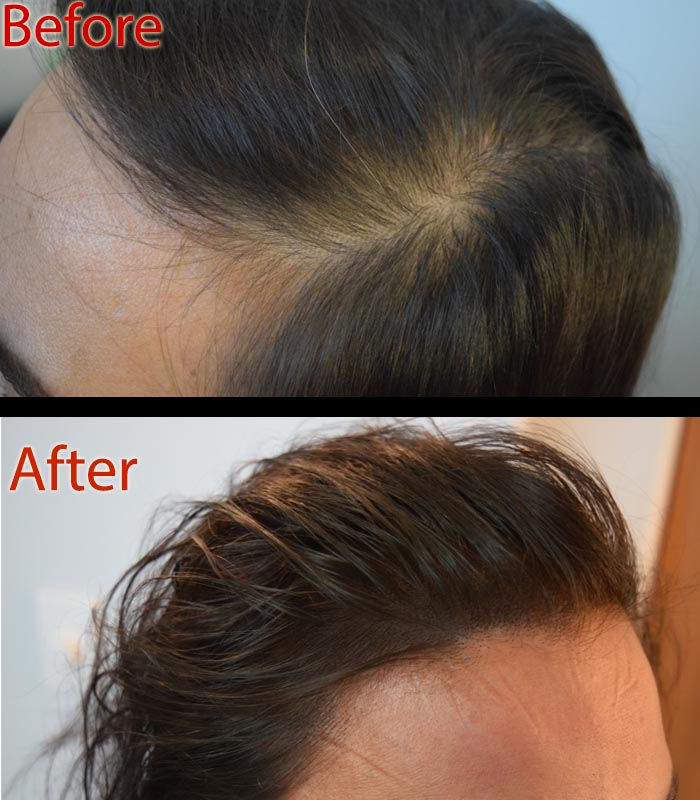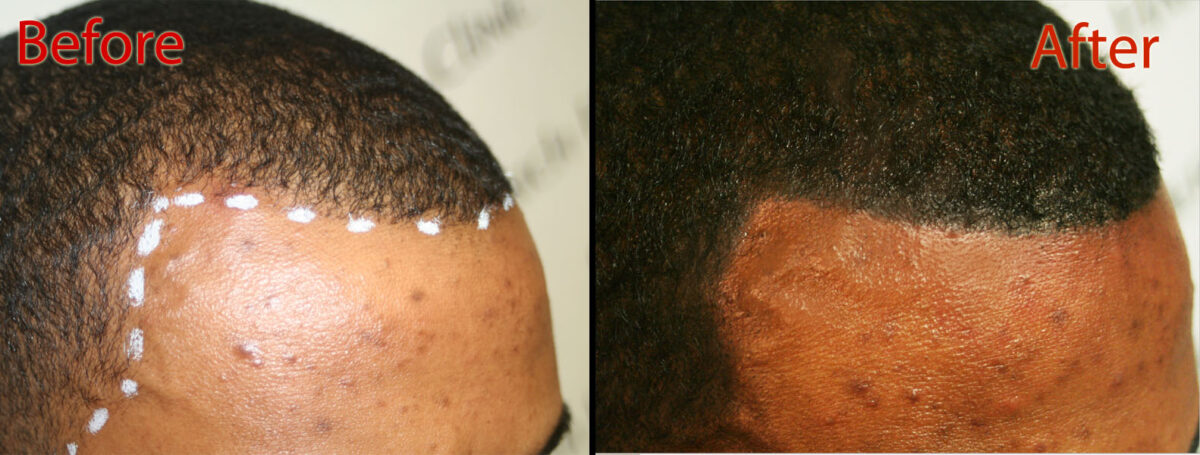Does intermittent fasting cause hair loss? This worry keeps many people awake at night. New studies give us clear answers about fasting and losing hair.
Scientists recently did big studies on fasting and hair. They tested both mice and people. The results were eye-opening. Fasting mice regrew hair much more slowly than mice that ate normally. The fasting mice only got some hair back after 96 days. Normal eating mice grew all their hair back in just 30 days.
Human studies showed the same thing. Adults who fasted for 18 hours each day grew hair 18% slower than people who ate normally. This proves that yes, fasting can slow down hair growth.
Why Does Intermittent Fasting Cause Hair Loss?
How does intermittent fasting affect hair growth? When you fast, your body changes how it gets energy. Instead of using sugar from food, it starts burning stored fat. This sounds good for weight loss. But it creates problems for your hair.
Fat burning releases chemicals called free fatty acids. These chemicals go everywhere in your body, including around hair roots. Since hair roots are very sensitive, they cannot handle these chemicals well.
The chemicals stress out the cells that make new hair. When these cells get too stressed, they get damaged or die. As a result, you grow less new hair. Your old hair keeps falling out naturally, but less new hair replaces it.
This is why people notice their hair getting thinner when they fast for long periods.
Can Fasting Make You Lose Your Hair?
Many people wonder: Can fasting make you lose your hair? The answer depends on how you fast and what you eat.
Short fasting periods usually do not cause hair loss that lasts forever. But fasting for very long times puts too much stress on hair roots. This stress can make hair stop growing and start falling out.
Not eating enough good food during your eating times makes things worse. Your hair needs protein, iron, and vitamins to stay healthy. When you do not get enough of these, your hair gets weak and falls out.
Stress from fasting also releases hormones that hurt hair growth. Your body thinks it is in danger when you fast, so it focuses on keeping you alive instead of growing hair.
Does Hair Loss from Fasting Grow Back?
The good news is that hair loss from fasting usually grows back when you stop fasting or eat better food.
Your hair roots can heal if they are not too badly damaged. Some people see their hair getting better in a few months. Others need longer to see improvement.
The key is how badly damaged your hair roots got. Light damage heals easily. Heavy damage from very long fasting might cause lasting problems.
The sooner you fix your eating, the better chance your hair has to recover. Do not wait too long if you notice your hair getting thin.
Why Fasting Hurts Your Hair Through Poor Eating?
Fasting often causes hair loss because people do not eat enough good food when they are allowed to eat.
Hair is made mostly of protein. If you do not eat enough meat, fish, beans, or eggs, your hair cannot grow properly. Protein is like the building blocks for your hair.
Iron is another big problem. Iron carries oxygen to your hair roots. Without enough iron, your hair gets weak and falls out. This happens a lot to people who fast.
Your hair also needs zinc, biotin, and B vitamins. These help your hair cells work properly. Missing any of these can make your hair fall out even if you are otherwise healthy.
How Fasting Changes Hormones and Hurts Hair?
Fasting changes hormones in your body. These hormone changes directly hurt hair growth.
When you fast, your body makes more stress hormones like cortisol. High stress hormones tell your hair to stop growing and start resting. This makes more hair fall out and less new hair grow.
Fasting also changes thyroid hormones. These hormones control how fast your body works. When they get messed up, your hair grows slower and gets thinner.
Your body also changes how it uses insulin when you fast. While this can be good for some things, sudden changes can temporarily mess up hair growth.
Does Intermittent Fasting Cause Hair Loss in Women?
Women have extra risks for hair loss during fasting. Women lose iron every month during their periods. Fasting makes it harder to get enough iron back.
Women’s hormones change more during fasting than men’s hormones. These bigger changes can cause more hair loss.
Pregnant women and nursing mothers should avoid fasting. Their bodies need extra nutrition for their babies. Fasting during these times can hurt both mom and baby.
When Natural Fixes Do Not Work?
Sometimes people try eating better and changing their fasting, but their hair still does not grow back. When natural solutions fail, other options exist.
Hair roots that got badly damaged might never fully heal. Some people are just more likely to lose hair when they do not eat enough.
Waiting forever for hair to grow back is not always smart. Losing hair hurts how people feel about themselves. It can hurt job success and relationships.
Scalp micropigmentation can help right away. This treatment makes it look like you have thick hair even when you do not. It looks completely natural and makes people feel confident again.
Pick the Right Expert for Scalp Micropigmentation in Arizona
If you choose scalp micropigmentation for hair loss from fasting, picking the right person for the scalp job is crucial.
Many tattoo artists do scalp micropigmentation. But scalp work is very different from regular tattoos. The skin on your head is different. The angles are different. The colors needed are different.
Real scalp micropigmentation experts go to special schools to learn this work. They know how scalp skin works and use special equipment made just for heads, not regular tattoo machines.
Bad scalp micropigmentation looks fake and unnatural. It can be the wrong color or look blotchy. Fixing bad work costs a lot of money and is very hard to do.
Look for someone who has lots of pictures of their work. Good artists keep learning new techniques. They should be happy to show you examples of their work on different people.
When fasting hurts your hair and natural fixes do not work, scalp micropigmentation in Arizona gives you a reliable solution. Just make sure you pick someone who knows what they are doing. Find the best scalp practitioner at DermiMatch Clinic.


